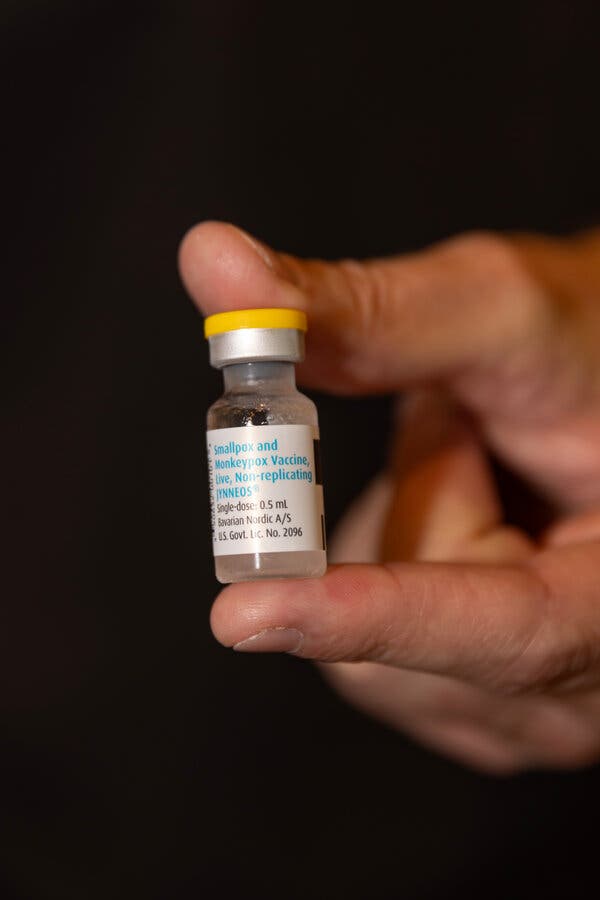Health officials confirmed on Friday that a strain of mpox, known as Clade 1, has caused severe illness in three residents of California who had not traveled abroad. This marks the first instance of this more virulent strain spreading within the United States. Clade 1 has been prevalent in central and eastern Africa, leading to tens of thousands of infections and hundreds of deaths. In contrast, Clade 2, which circulated in the U.S. in 2022 and resulted in approximately 30,000 infections, tends to cause less severe illness.
As of now, Clade 2 continues to circulate at low levels in the U.S., but health officials have noted a rise in infections in various cities since the summer. In Los Angeles, officials reported a total of 118 cases of mpox this year, a sharp increase from zero cases reported in 2024.
The three patients affected by Clade 1—one in Long Beach and two in Los Angeles—were hospitalized but are now recovering at home in isolation. California health authorities have not identified any links among these cases. The first case was announced by Long Beach officials on Tuesday.
Dr. Kelly Johnson, an infectious disease specialist at the University of California, San Francisco, emphasized that while the risk of infection remains low for most individuals, vigilance is essential, particularly for those with weakened immune systems and men who have sex with men.
“My concern is that person-to-person, community spread could be ongoing,” Dr. Johnson stated.
Both strains of mpox can be transmitted through intimate contact, within households, or by sharing personal items. Initial symptoms often resemble flu-like illnesses, followed by the appearance of a rash and painful lesions.
As health officials continue to monitor the situation, public awareness and caution remain pivotal in controlling the spread of this severe strain of mpox.







































































